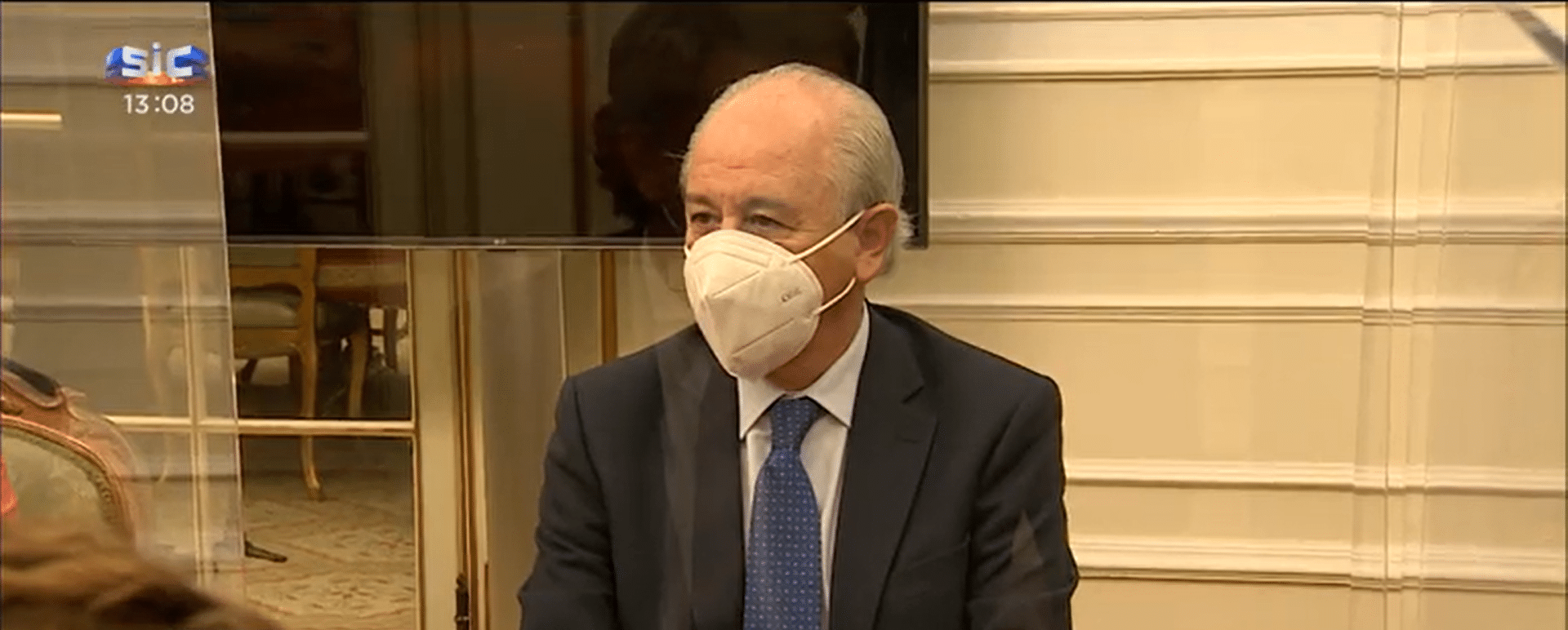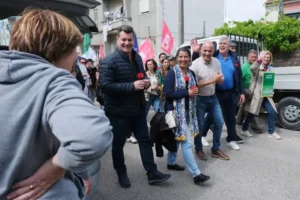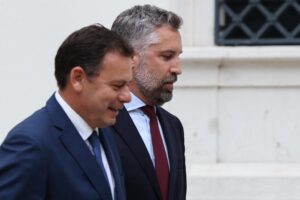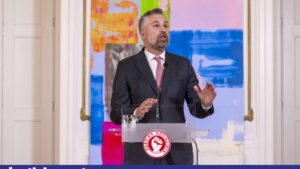Contrary to the dates trailed before President Marcelo met with Portugal’s political parties yesterday, news today is that the consensus is for elections to be called on Sunday January 16 and not a moment later.
In other words, as soon as conceivably possible after Christmas and New Year – giving no time for the party-political squabbles of the centre-right to be suitably settled.
Indeed, the level of political maneuvering ongoing both behind the scenes and full-frontal is exceptional.
CDS-PP – the former ally of Passos Coelho’s minority PSD government toppled by António Costa’s – has seen high-ranking figures walk out over current leader Francisco Rodrigues dos Santos’ efforts to stymy a challenge for his position by Euro MP Nuno Melo; and PSD is rapidly arriving at a similar situation as current leader Rui Rio attempts to stand his ground against aspirant leader Paulo Rangel.
As leader writers and columnists all agree, these looming elections have nothing to do with the best interests of the country, no matter what political figures might like to say: they are all about advancing individual parties’ own interests.
“We have never sunk so low in the decadence of political life”, considers university lecturer Francisco Moita Flores, a former PJ inspector and mayor who learnt last week that he is going on trial for alleged corruption during his stint as president of the municipality of Santarém.
“The CDS looks like a sack full of cats. The PSD a pack of mastiffs fighting over prey; the PCP is whining for a new budget; Bloco de Esquerda baying that there is no need for elections, while the PS – whose election campaign has been going full steam since the fall of the budget – is behaving like an offended virgin,” he writes.
“Politics is a large pig…” former PSD politician Paulo Morais, now a fierce campaigner against institutional corruption, has ventured.
Using part of a phrase coined by a 20th century political cartoonist, Mr Morais lays the current situation bare: “Current political leaders propose nothing for the country, they are simply desperately struggling for power”.
With the left weakened, but the right “in turbulence”, prime minister António Costa is pinning his strategy on gaining an absolute majority, in the hope that then he will be free of interference from President Marcelo, says Morais.
Marcelo would, if the PS gets its way, become “no more than a decorative figure”.
But until then, it’s all hands to the tiller as political leaders race to a finishing line of their own making, in the hope that they will emerge the stronger.
Only Iniciativa Liberal seems to be against the January 16 elections date, saying that “for national reasons” they should not be before January 30.
The next ‘moment’ in this faintly surreal process comes on Wednesday, when President Marcelo has convened a special meeting of the Council of State. It is believed that he will be addressing the nation/ dissolving parliament either shortly after the meeting concludes, or on Thursday.




















